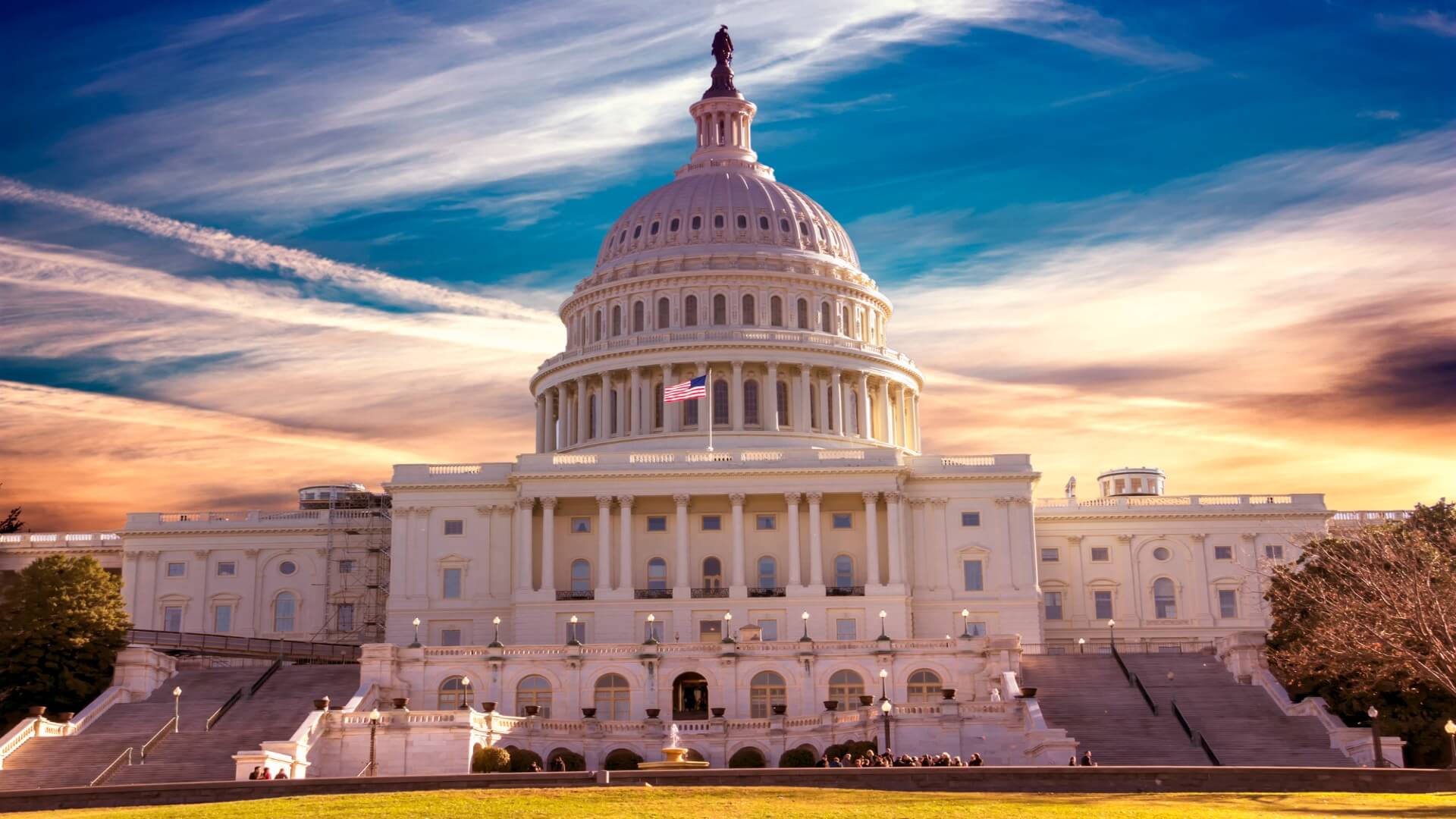The American Innovation and Choice Online Act (AICOA) “prohibits certain large online platforms from engaging in specific acts. This includes giving preference to their own products on the platform, unfairly limiting the availability on the platform of competing products from another business or discriminating in the application or enforcement of the platform’s terms of service among similarly situated users,” according to the Congressional Research Service. AICOA targets specific companies which are defined as “covered platforms” in a way that limits the bill to a list of specific companies including Meta (Facebook), Google, Amazon and Apple. AICOA establishes a carefully specified list of criteria, such as having a market cap of $550 billion or more, along with a given number of users (50,000,000 general users or 100,000 business users monthly).
For example, Third-party sellers on Amazon have suspected the platform ranks its own similar private-label products over their own. Travel or local search sites like Yelp and Tripadvisor have complained that Google unfairly lowers their links in search results in favor of prime placement of its Google Maps tool. The platforms have responded saying their decisions are based on determinations about what will make up the best experience for users.
AICOA proposes that the Federal Trade Commission (FTC) and the Department of Justice (DOJ) enforce new antitrust and anticompetitive regulations. The regulations include:
- Prohibiting dominant platforms from preventing other businesses’ products or services from interoperating with the platform.
- Prohibiting requiring a business to buy a dominant platform’s goods or services.
- Prohibiting preferential gatekeeping placement on its platform.
- Prohibiting misuse of a business’ data to compete.
Here is an opinion piece we found of interest relating to Mozilla’s support of AICOA.
Calling for Antitrust Reform
In an opinion piece “Calling for Antitrust Reform” for Mozilla, Urmika Devi Shah, lawyer, argues that it is critical for governments to update competition laws. These are essential for the internet to be private, secure, interoperable, open, accessible, transparent, and a balance between commercial profit and public benefit. Mozilla supports the American Innovation and Choice Online Act (AICOA) which aims to create a level playing field for smaller, independent software companies to compete. According to Shah, Mozilla believes AICOA will facilitate innovation and consumer choice by ensuring that big tech companies cannot give preference to their own products and services over competitive options offered by others. He adds that Mozilla, and many other independent companies, cannot effectively compete without this antitrust law.
Shah argues that a fair playing field is critical in order to ensure that Mozilla and other independent companies can continue to act as a counterbalance to Big Tech and be able to shape the future of the internet to be more private and more secure. Mozilla understands that AICOA is intended to regulate only gatekeeper companies and their controlled products and is not intended to regulate or impact agreements or product offerings of non-regulated independent companies like Mozilla that partner with gatekeepers for critical services. Read the full article on Mozilla.
Disclosure: Fatty Fish is a research and advisory firm that engages or has engaged in research, analysis, and advisory services with many technology companies, including those mentioned in this article. The author does not hold any equity positions with any company mentioned in this article.
The Fatty Fish Editorial Team includes a diverse group of industry analysts, researchers, and advisors who spend most of their days diving into the most important topics impacting the future of the technology sector. Our team focuses on the potential impact of tech-related IP policy, legislation, regulation, and litigation, along with critical global and geostrategic trends — and delivers content that makes it easier for journalists, lobbyists, and policy makers to understand these issues.
- The Fatty Fish Editorial Teamhttps://fattyfish.org/author/fattyfish_editorial/January 19, 2024
- The Fatty Fish Editorial Teamhttps://fattyfish.org/author/fattyfish_editorial/January 3, 2024
- The Fatty Fish Editorial Teamhttps://fattyfish.org/author/fattyfish_editorial/January 3, 2024
- The Fatty Fish Editorial Teamhttps://fattyfish.org/author/fattyfish_editorial/December 31, 2023









